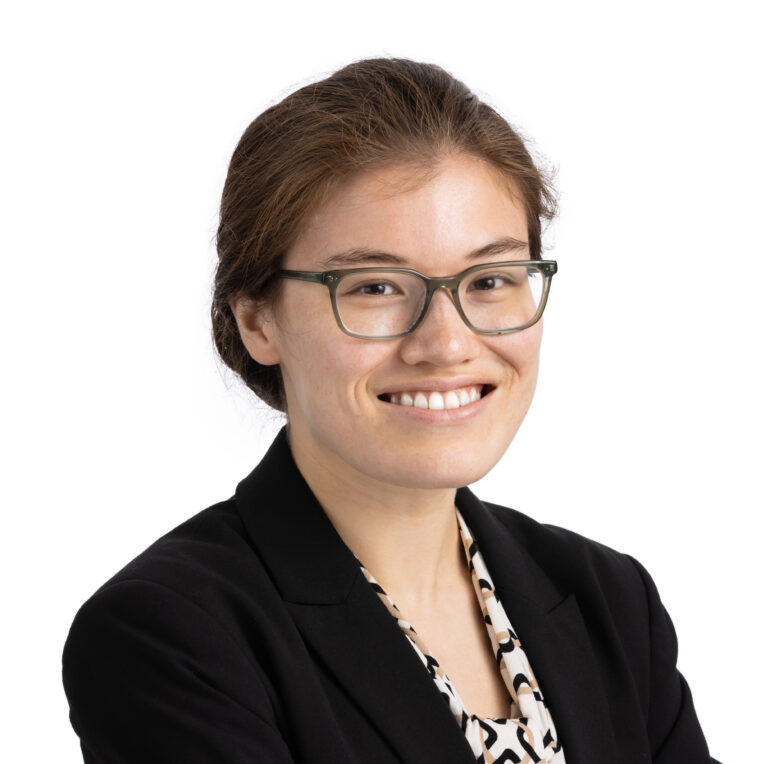Dr. Caitlin Maikawa has recently joined the Institute of Biomedical Engineering at the University of Toronto as an Assistant Professor.
An alumnus from the Chemical Engineering program at the University of Toronto, Dr. Maikawa completed her PhD at Stanford University under the supervision of Professor Eric Appel. During this time, Dr. Maikawa tackled the obstacles in diabetes management, with a specific emphasis on advancing the development of cutting-edge insulin medications that could pave the way for self-sufficient insulin delivery and enhance medication availability in underserved regions with limited resources.
Soon after, Dr. Maikawa continued her work as a postdoctoral researcher at the Brigham and Women’s Hospital in Boston with Professors Jeffrey Karp and Yuhan Lee, using biological materials to develop sensors that can be used to track long-term inflammation in the body. Her aim is to provide patients with simple, user-friendly tools that they can use at home to monitor changes in their disease condition.
Since 2016, Dr. Maikawa’s research has been featured numerous times in high impact journals such as Science Translational Medicine, Nature Biomedical Engineering, and Advanced Science.
What will be the goal of your research group in BME at the University of Toronto?
My research group will focus on developing dynamic polymer biomaterials for drug delivery and biosensing applications. Polymers are powerful tools for controlling the location and timing of therapeutic delivery. My group aims to develop new polymer systems that can be used to enhance personalized medicine.
What is a current research challenge that you are interested in tackling in the next 10 – 20 years?
Strategies for personalized medicine that get therapeutics to the right place at the right time remain challenging. I am interested in developing polymer-based tools that we can use to improve treatments for patients with diabetes and digestive diseases.
What is your teaching philosophy?
For me, teaching is another way to get others excited about cool science. My teaching philosophy centers around engaging students in the classroom. I aim to design learning experiences that will empower students to become independent thinkers, encourage curiosity and creativity, and develop critical thinking skills. I think teaching is a lot like working in the lab – you experiment with new approaches and gather data (ex. Student feedback) and iterate on your approach to maximize effectiveness. I expect my approach will evolve over time.
How would you describe yourself outside of research?
Outside of research, I enjoy staying active. When I was a UofT undergrad I played on the Varsity Blues Women’s hockey team. Now, retired from hockey, I enjoy cycling and golfing with friends and family. I also like to bake (I bike so I can eat more of my baking!) and doing the crossword.


